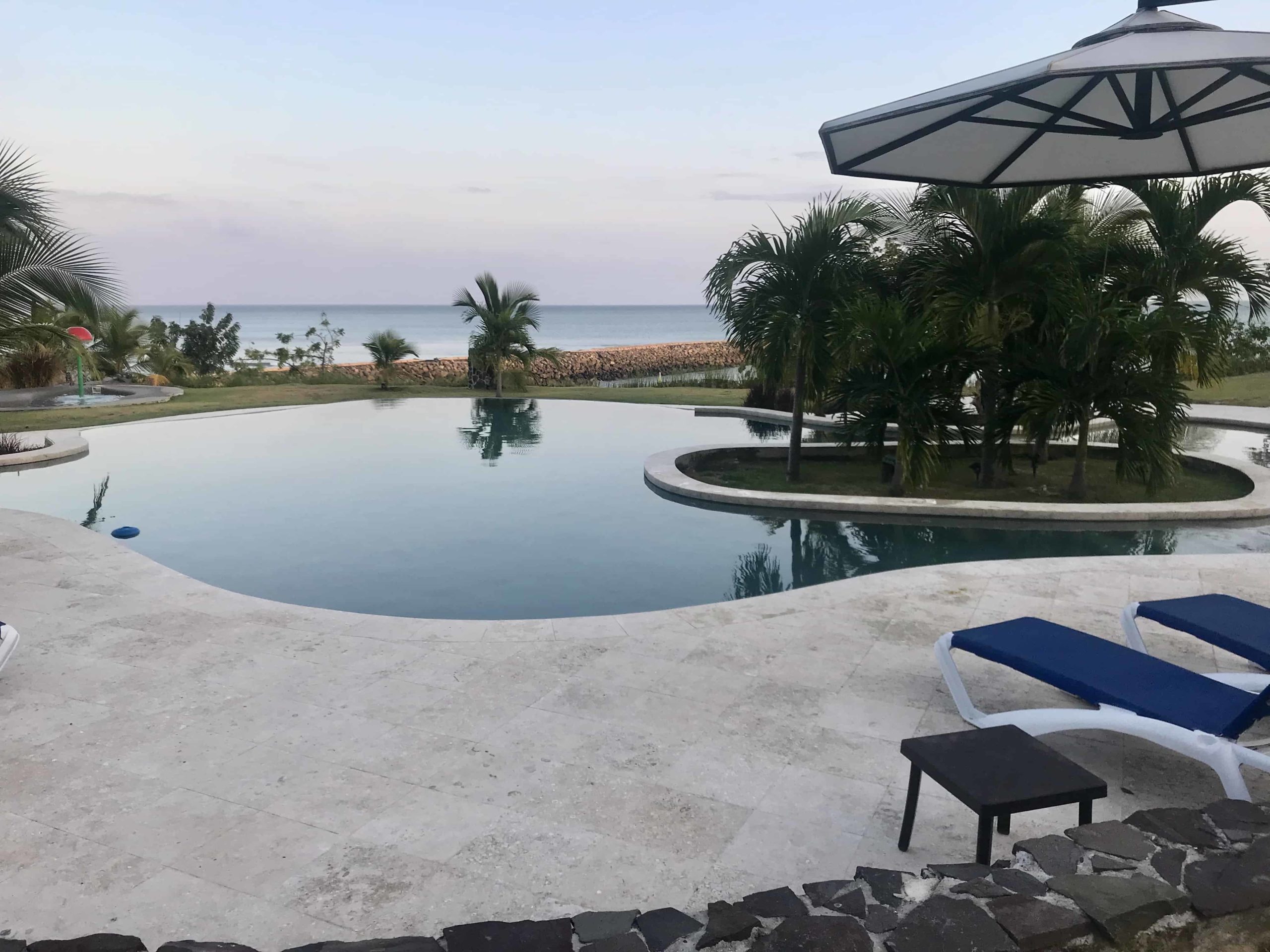
11 Dec All About Health Insurance and Healthcare in Panama
Navigating the Panamanian healthcare system and health insurance as a foreigner can be a little overwhelming. Finding yourself a doctor, insurance, emergency services, and medication can be difficult at first unless you know a little bit what about what it will cost you, what type of health insurance you should get, and where you should go in case of illness or emergency. Keep reading to learn more about the quality of healthcare in Panama, what healthcare will cost you, the type of health insurance you might need, how much it costs to have a baby in Panama, and all about prescriptions and other medicines.
Quality of Healthcare in Panama
The best hospitals in the country are in Panama City, of course. There are some wonderful facilities there, with some of the world’s best doctors, nurses, and medical students. The best hospital there is Hospital Punta Pacifica, which is a partner to Johns Hopkins in the United States. The facilities there are similar to those in one of the most expensive private hospitals in the U.S.
Two other hospitals in Panama City are private, so are more expensive than the publicly funded healthcare facilities and hospitals but are still between five and 10 times cheaper than similar places in the United States, with the same level of care and quality.
Despite having highly trained staff, public hospitals are not very high quality. The only benefit of going to a public hospital is that the service you receive will cost pennies compared to what you would pay in the United States.
Health Care Costs
Many expats are drawn to the low cost of healthcare in Panama. Major surgeries like hip replacement can be done at nearly one-tenth of the cost in the United States, and basic procedures cost about three to four times less.
A routine checkup, without insurance, costs about what your co-pay would be in the States.
Health Insurance for Full- and Part-Time Retirees
The type of health insurance you buy will depend on how much time you spend in Panama. If you’re a part-time retiree, then you can buy health insurance with international coverage in case you need healthcare when you are back in the States. Some companies charge an arm and a leg so make sure you do your research and compare. Cigna Global is one option for international coverage, and it will be far less expensive than carrying insurance in the U.S. and Panama. If you plan to travel and still want health insurance, but don’t plan on returning to the United States, you can exclude the U.S. from your coverage for a greatly reduced cost.
For full-time retirees who don’t plan to travel and who only need domestic health insurance, the rates are much cheaper. If you’re under the age of 65 you can buy hospital-based policies that offer coverage strictly in Panama.
If you’re over 65 you will have to investigate an International health insurance company that accepts new applicants who are 65 and older.
Some international healthcare insurance companies you can check out:
- Aetna International
- Allianz Worldwide
- Cigna
- BUPA Global
- Seven Corners
- GeoBlue (a blue cross company)
- WEA
- PALIC
- IMG
Some domestic healthcare insurance companies to look at for a quote:
- ASSA
- Aseguradora Ancon
- Generali
- Suramericana de Seguros (Sura)
- Seguros Mapre
Having a Baby in Panama
Not all expats are retirees, and that means you might end up having a baby in Panama. If that’s the case, expect the very best care at the private hospitals for much less money than you would pay in the United States.
Prescriptions and Other Medicines
With the exception of most pain meds and antibiotics, most prescription medications are available over the counter. All you have to do is go to the pharmacy and ask for your medications, tell the pharmacist the amount you want to buy, from one pill to 30, and if you want the trade name or generic option. Ask for a pensioner’s discount if you have it. Also, if you have insurance, make sure you ask for a receipt (factura) with your name shown on it so you can submit it to your insurer.
Prices for these medications might be lower or higher than in your home country.
When travelling to Panama with medications, make sure they’re in your carry-on or they might go missing. Always make sure you have a month’s supply in your purse or personal bag in case they don’t let you have the rest. Sometimes anything over one month’s supply is seized depending on the agent. For controlled medications like opioids, it’s always best to carry a copy of your prescription with you as well.
New Tourists
One huge benefit provided to tourists by the Panamanian government is automatic 30-day coverage of basic health insurance at the country’s medical centers and hospitals. This information is provided to you at customs when you arrive in Panama.



No Comments